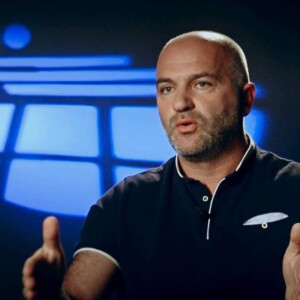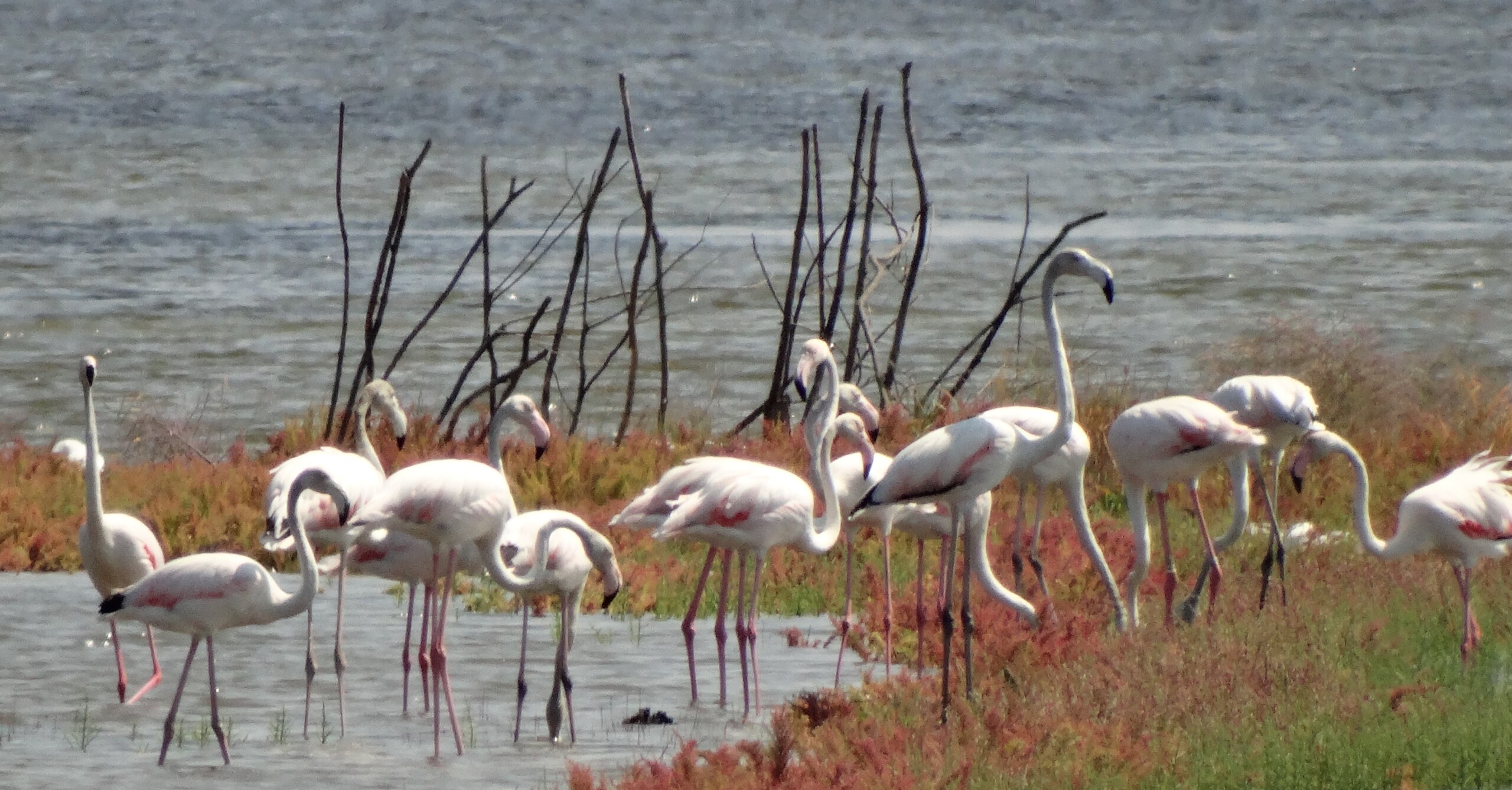The examples of protection of Ulcinj and Tivat salines are representative of the functioning of the state: what it looks like when it’s a yes, and a no, and eventually a must.

For the past 30 years we have been convinced by politicians that there is no piece of European land as resource wealthy as Montenegro. Unaware of its wealth, those same politicians pronounced it the world’s first ecological state. They didn’t know then, for example, that Montenegro registers 65% of Europe’s bird population, that the nesting bird density index is well above the Balkan average, that Montenegro is 39th in Europe in its size, yet based on the number of nesting birds, it is 23d, right below Hungary, which is 7 times larger than Montenegro. Similarly, Montenegro has more nesting birds than Great Britain, Czech Republic, Portugal, Denmark, Slovenia, or Switzerland. When it comes to plant wealth, our country would eat Great Britain or Hungary up.
Everything that happened 30 years ago, when we became the first in the world, when Claudia Schiffer wore the Montenegrin traditional shirt and was photographed on our, then still ‘alive’, planes of mountain ranges, all that was undone when proud Montenegro went to war against Croatia. Instead of waving the flag of our own country, and pride ourselves in preserved nature, we chose to carry the flags of war.
The first bullet fired signalled the destruction of our environment and the birth of a new order. Our forests were decimated. The Ornithological Reserve Panceva Oka on Skadar Lake, protected since 1968 as a pelican habitat, became a transit reserve for smuggling oil from Albania, despite the law protecting entry into reserves, not allowing even scientific work. The pelicans left us, hundreds of Durmitor trees ended up in furniture factories, and game from our forests made easy prey to poachers. Raising ecological consciousness, and with the beginnings of non-governmental work towards the end of the 90s, things have started to change. Suddenly, the pelicans’ significance for tourism became acknowledged, as well as the significance of protecting our national parks, our clean rivers. That is, however, not enough, until it is recognised by central authorities, state agencies, and law implementation institutions.
The examples of protection of Ulcinj and Tivat salines represent the functioning of the state: what it looks like when it’s a yes, and a no, and eventually a must. The process of protecting the Medieval saline in Tivat (thanks to which we have our beautiful Kotor, as back in the day salt was considered white gold), began in 2007, at the peak of Russian investments in Montenegro – the salines right next to Tivat airport, the perfect location for any investment, and there were plans for a water park too. Tivat Municipality, Morsko Dobro, and the non governmental sector, joined forces and took this piece of land away from the investors’ interests and protected it as an ornithological reserve. Today, 12 years later, we can see flamingos, and it has gained recognition as an internationally significant wetland, and it is a positive example of how things should be done.
In the very south, the process of protecting Solana Ulcinj began in 2000, under the initiative of the then Institute for Environmental Protection towards Ulcinj municipality. All the actors: the government, Ulcinj municipality, non-governmental sector (including hunters), were pro-protection. And everyone’s mouths were full of protection, whilst the real-time situation was worsening. In the meantime, the renowned Ulcinj salt stopped production. Only 19 years later this valuable space became protected, thanks to the pressures of several embassies and the European Commission. It wouldn’t have happened otherwise, despite the ‘activism’. Had it not happened, considering it is in the Adriatic migration corridor, millions of birds would have died each year.
And new winds are blowing in Montenegro, as the Green party became one of the key players in the new government. Much is expected of them regarding completing the aims of Chapter 27 in Montenegro’s EU accession process.
Darko Saveljić, ornithologist and ecological activist



Leave A Comment